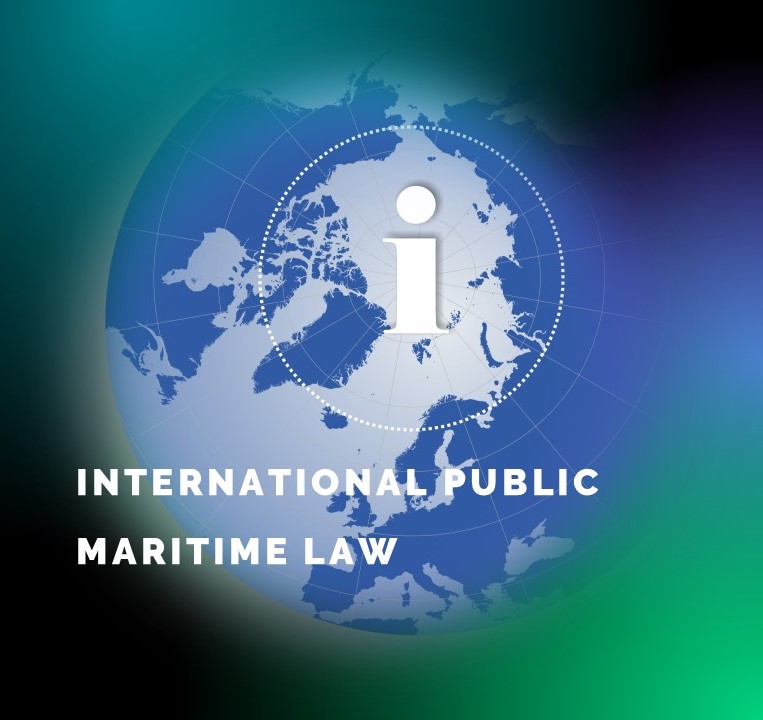 International public maritime law is characterized by its complexity and the broad range of regulations that govern the use of the world’s oceans. It encompasses a wide spectrum of legal frameworks aimed at ensuring the safe, secure, and environmentally responsible use of maritime spaces.
International public maritime law is characterized by its complexity and the broad range of regulations that govern the use of the world’s oceans. It encompasses a wide spectrum of legal frameworks aimed at ensuring the safe, secure, and environmentally responsible use of maritime spaces.
It is essential to distinguish this body of law from the Law of the Sea, which forms only a subset of international maritime regulations. While the Law of the Sea primarily deals with the delineation of maritime zones and the rights and responsibilities of states concerning these zones, international public maritime law extends far beyond.
The Law of the Sea vs. International Maritime Law
The Law of the Sea is largely codified in the United Nations Convention on the Law of the Sea (UNCLOS). It defines territorial waters, exclusive economic zones, and continental shelves, and outlines the rights and duties of states in these areas.
In contrast, international public maritime law also governs interactions between private legal entities involved in maritime transport and related activities. It encompasses legal instruments regulating safety, security, training, environmental protection, and accident response within the maritime industry.
Safety and Security in Maritime Operations
The cornerstone of maritime safety regulation is the International Convention for the Safety of Life at Sea (SOLAS). First adopted following the Titanic disaster of 1912, the most current version of the SOLAS Convention entered into force in 1974, with continuous amendments to address evolving technologies and standards.
SOLAS sets minimum requirements for the construction, equipment, and operation of ships, ensuring they meet international safety and security standards. These regulations are supported by additional conventions and protocols that form a broader safety framework, including:
- Convention on the International Regulations for Preventing Collisions at Sea (COLREG)
- International Convention on Standards of Training, Certification and Watchkeeping for Seafarers (STCW)
- International Convention on Maritime Search and Rescue (SAR)
- International Convention on Load Lines (LL)
Together, these instruments promote good maritime practice and establish customary legal standards.
Environmental Protection at Sea
Environmental concerns in maritime operations are governed primarily by the International Convention for the Prevention of Pollution from Ships (MARPOL). This treaty aims to eliminate pollution from ships by regulating the discharge of oil, chemicals, sewage, garbage, and air emissions.
MARPOL and its annexes set out comprehensive requirements for onboard waste management, emission control, and accident prevention. The overarching goal is to protect the marine environment from the harmful effects of shipping, reducing the risk of pollution through both operational and accidental discharges.
Conclusion
International public maritime law plays a vital role in managing the multifaceted and interconnected issues of safety, security, environmental protection, and the conduct of private actors in maritime spaces. Through an array of binding conventions and protocols, it seeks to harmonize global maritime practices and ensure sustainable use of the oceans.
Source: International Maritime Organization, UN







